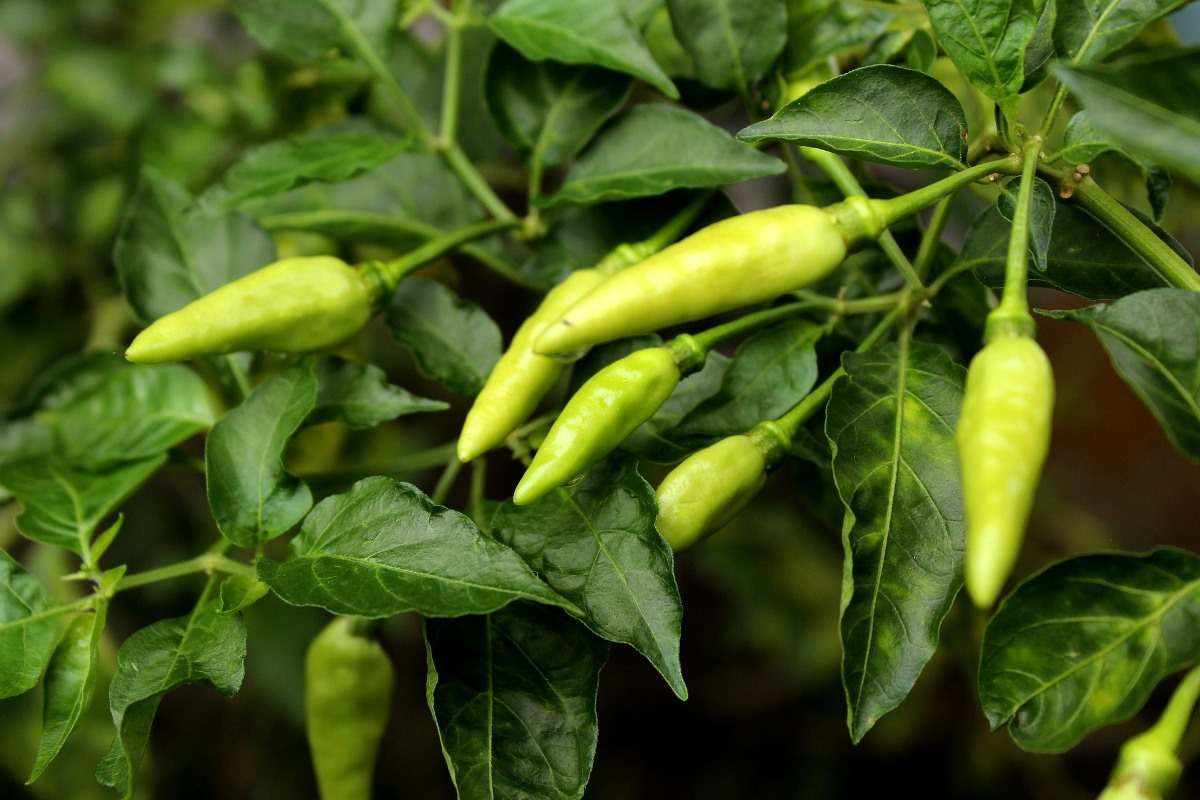
How To Grow Chilli Plants At Home (Pepper/Mirchi) Gardening Tips
How to grow chillies. Sow chilli seed indoors as early as January if you have a heated propagator, or from March if you don't. Transplant seedlings into individual 7.5cm pots when the first true leaves appear. Eventually, transplant them into 30cm pots of peat-free, multi-purpose compost.Wait until all risk of frost has passed before moving them to their final growing positions outside, in a.
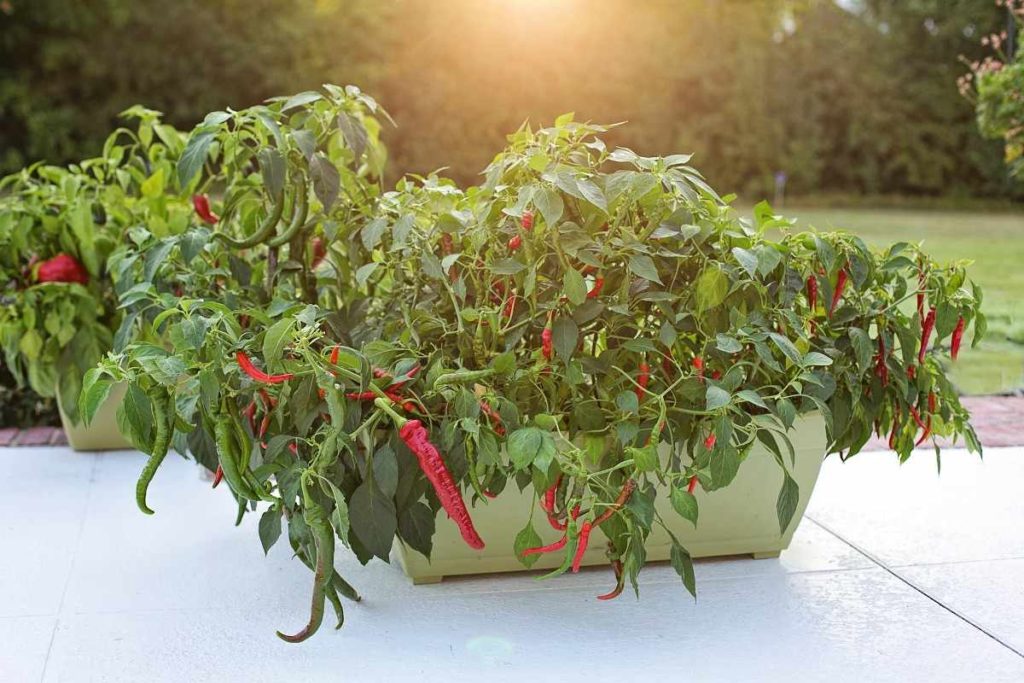
Growing Green Chillies in Pots (Mirchi) A Full Guide Gardening Tips
Growing Hatch Green Chile is easy: Peppers love a long hot growing season. In the US, they do well in regions 5-11. In most areas, you will need to start the seeds indoors in a warm place and grow until the last frost is over and the soil has warmed up in a hot, sunny location. The secret to germinating chile pepper seeds is to keep them warm!
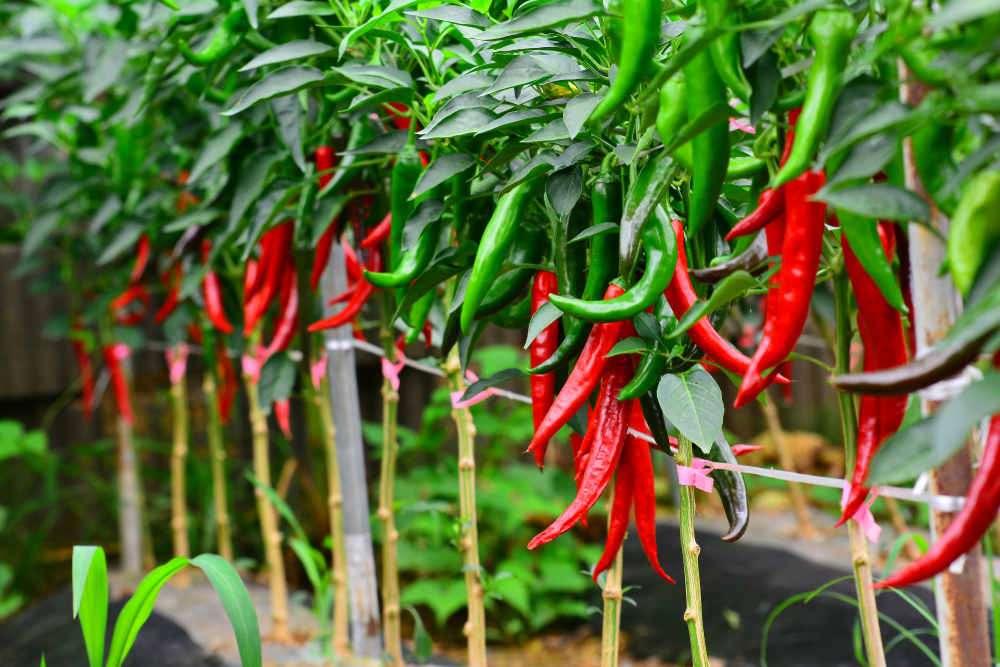
How to Plant Chili Pepper in Your Garden (Tricks to Care!)
Method 1 Germinating Chilli Seeds Download Article 1 Place seeds between 2 damp paper towels and seal them in a plastic bag. Dampen a paper towel and lay it on your table. Scatter your chilli seeds on the paper towel, then layer a second damp paper towel on top. Then, place the seeds inside a plastic bag or container and seal it shut. [1]

YouTube
For starting growing green chillies first purchase some chili seeds or harvest some from an overripe red chili. Chili seeds can be found at local nurseries or garden stores, as well as online. If you already have chilis, wait until they're mature before cutting them in half to remove the seeds.

How to grow chilli seeds faster in small pot Grow chilli easily at home YouTube
Habanero Unripe habaneros are green but can mature to yellow, red, white, brown or stay green. It all depends on the variety of habanero you have. Habaneros have a Scoville rating of 300,000 to 475,000, with peppers from the Caribbean coming in hotter than Mexican varieties. They mature in about 90 days and can handle northern climates. Jalapeno
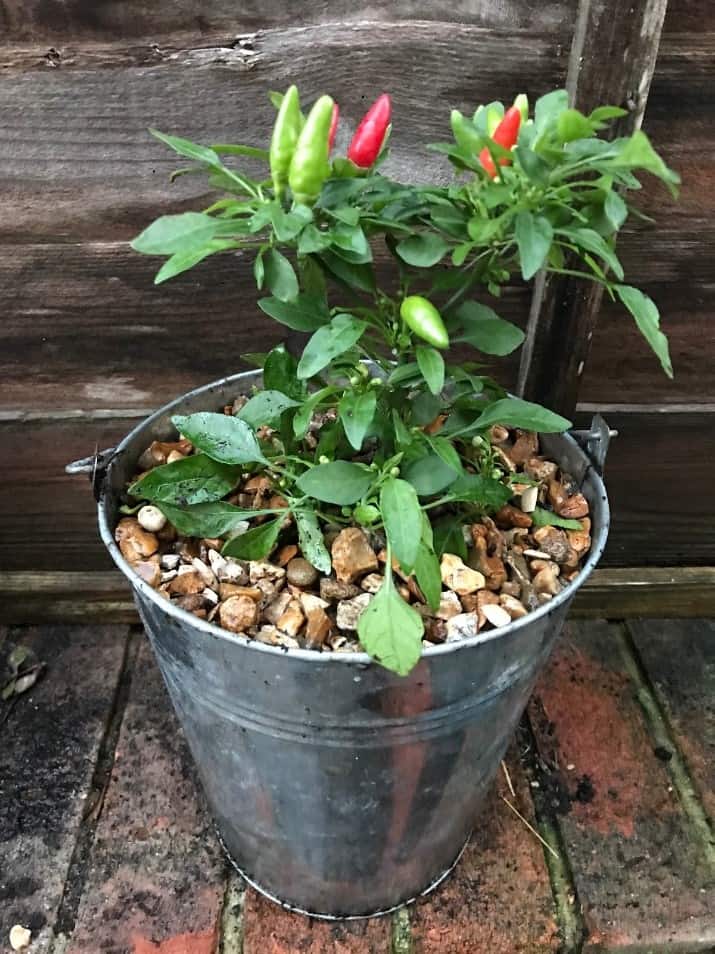
How To Grow Chillies At Home Liana's Kitchen
1 Purchase a packet of seeds or use seeds from an overripe chili. Look for a packet of chili seeds at your local nursery or garden store, as well as online. If you already have chilis at home, wait until they're overripe and cut them in half to remove the seeds. Once these seeds are dried out, you can plant them in the soil. [1]
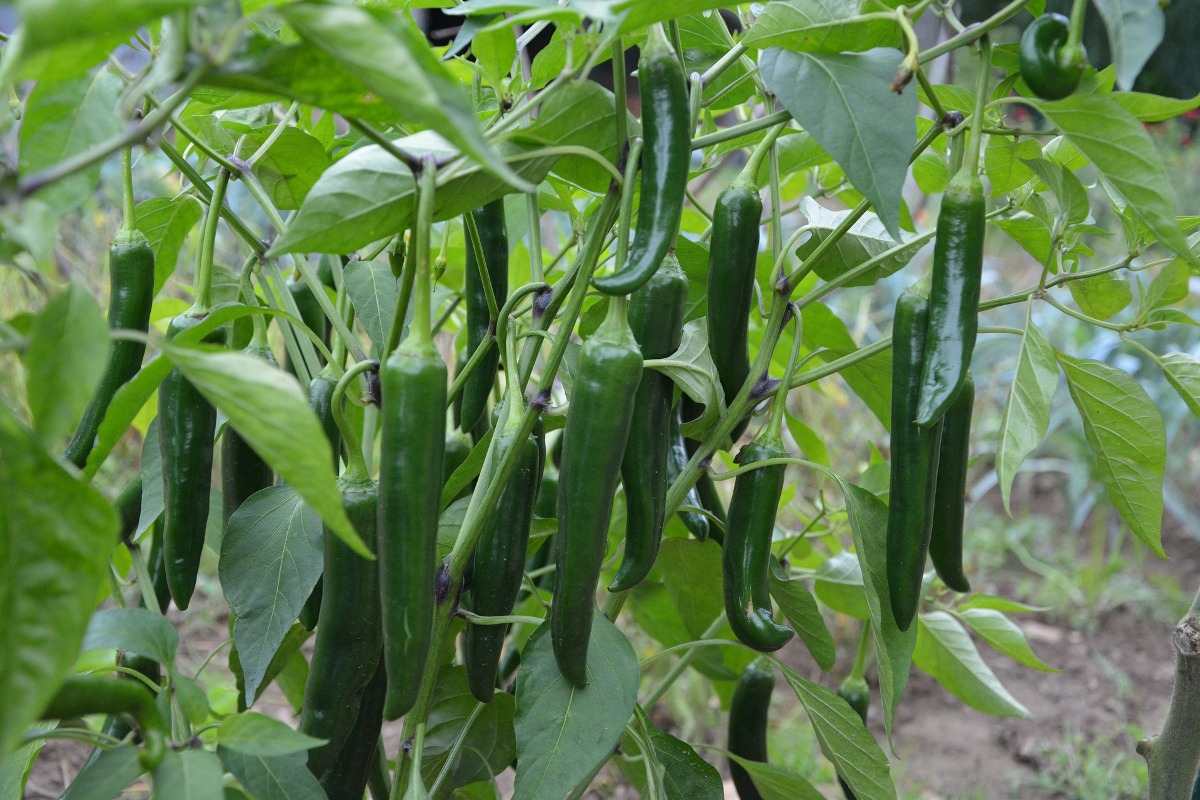
Growing Green Chillies in Pots (Mirchi) A Full Guide Gardening Tips
Plant the young chillies in the ground at the same level they were growing in their pot. Space them 38-45cm (15-18in) apart, depending on the variety. Dwarf varieties can be spaced 30cm (1ft) apart. Then cover with fleece or cloches to provide wind protection, preferably until the end of June. 4.

How To Grow Chillies DIY Garden
Additionally, the hottest chili peppers have the longest growing period. When starting your plants indoors, start at least 6 to 8 weeks before the average final frost date for your region. Sow the seeds a seed starting topsoil mix and set the seeds about ¼ inch into the soil.

Chili plants and best tips on how to grow them at your home in containers
Simply split the chilli with a sharp knife and scrape out the seeds. There's no need to dry the seeds or process them, just plant them. That said, the seeds do stay viable for a long time. I've even had seeds from dried chillies and those that have been kept in the fridge for weeks germinate.
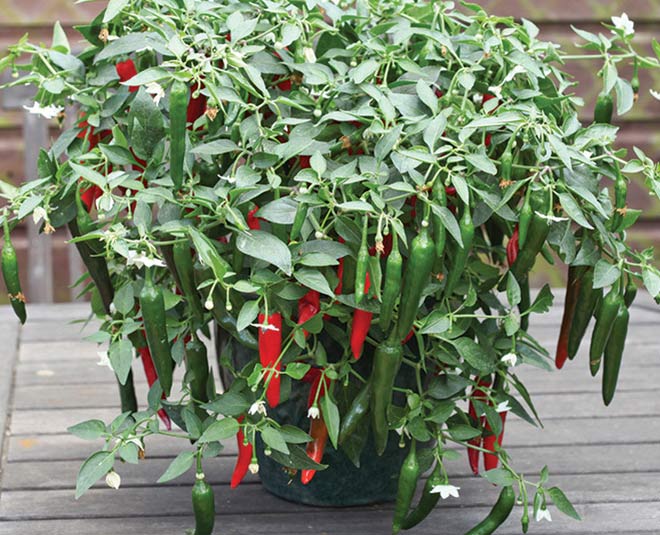
How to Grow Green Chillies in Pots At Home how to grow green chillies in pots at home HerZindagi
Whether you have a green thumb or are a beginner, growing green chilies is a breeze. With a few simple tips, you can speed up the development of these fiery plants and ensure a high yield. Let's dive into the world of green chili cultivation and discover how to grow them faster and care for them for optimal growth and fruiting.
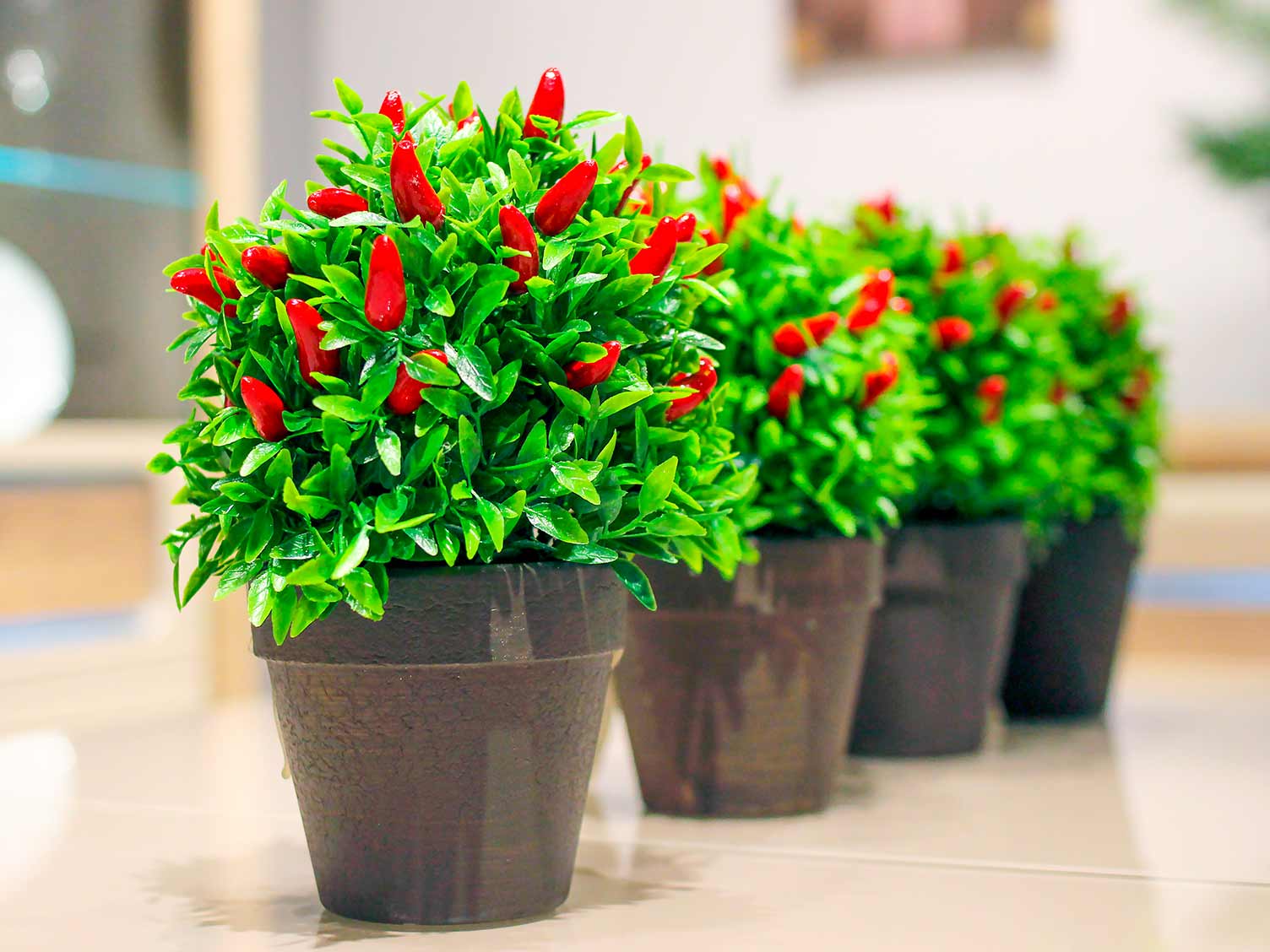
How to Grow & Care For Chillies in 7 Easy Steps
Step 2 - Start With A Seed Tray. For the seeds to germinate well, a seed tray (up to 3 inches deep) provides the most conducive environment. Fill the seed tray with soil and spread the chilli seeds on it. Add only a thin layer of soil above the seeds and then sprinkle some water. Keep the seeds warm and moist and they will start germinating in.

Grow green chillies in pot/How to grow chilli plant at home/हरी मिर्च कैसे उगाएं/Chilli plant
1 Choose a variety of chilies. Chilies are one of the most wonderful plants to grow, because they come in such a wide variety of colours, sizes, tastes, and spice-levels. Chilies can be either an annual (must be replanted each year) or a perennial (grow back on their own). There are also three general types of chili: sweet, hot and ornamental.

How to grow green chillies II YouTube
To grow Green Chillies at home, you need a seedling/flat tray filled with rich potting soil for germination, sow the seeds in it and keep it in medium indirect sunlight until the saplings develop 3-5 leaves, now you can transplant it in its final container & move in in direct sunlight. In this guide you are going to learn everything step by.

How to grow green chillies in pots Garden Super Power
With a plant spacing of at least 40cm, transplant the chillies into the soil with the entire root ball below the surface. For support, attach the plant to a cane or stick. Finally, water the young plants well. When transplanting, keep a plant spacing of 40 cm between each plant [Photo: OZMedia/ Shutterstock.com]
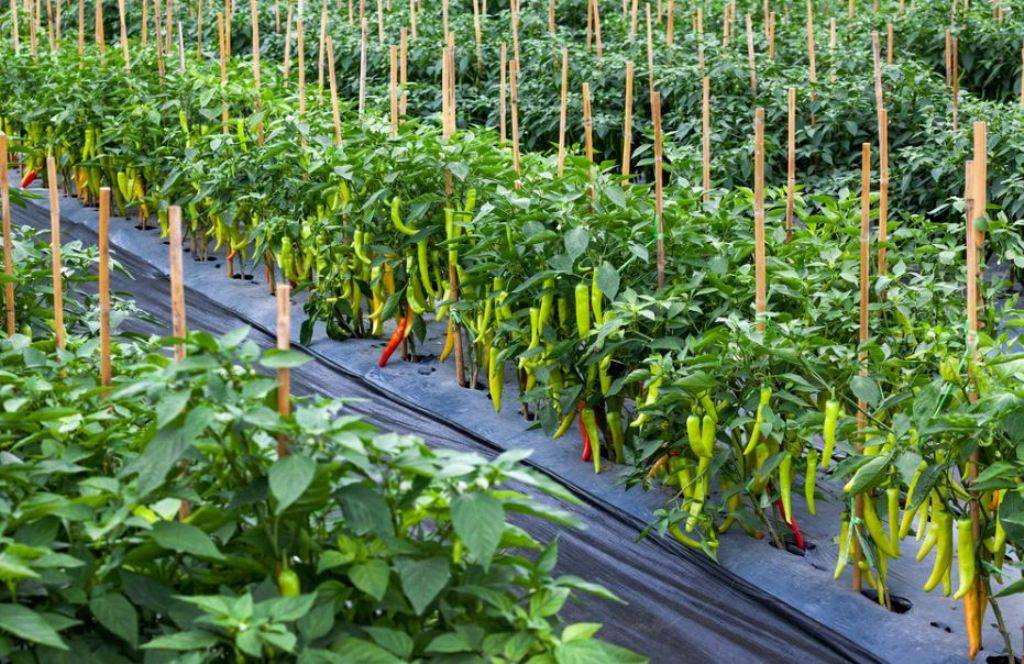
11 Surprising Benefits of Green Chillies
Starting from Seeds or Seedlings? Germinating Green Chilli Seeds Caring for Your Green Chilli Plants Watering Green Chilli Plants Fertilizing Green Chilli Plants Pruning and Training Green Chilli Plants Common Pests and Diseases Harvesting Your Green Chillies FAQs about Green Chilli Plants

Amazing Green Chill Tree Frame Fresh Green Chili How to Grow green chili at Plant YouTube
How much space do peppers need to grow? Space the chili pepper plants 18 - 36 inches apart with about 2 -3 feet between rows. The plants will eventually grow to nearly 3 feet high. Water! Keep the soil constantly moist, but not soaking wet.